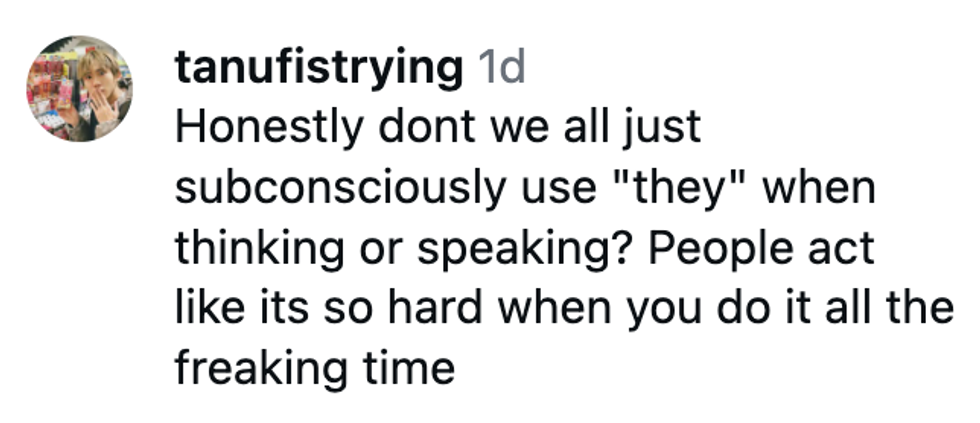The jokes came pouring in on Monday as news broke that employees at the New York Times discovered bedbugs in their newsroom, but a turn of events that could only unfold on Twitter made sure that the bedbugs wouldn't be the biggest story.
Reacting to news of the bedbugs, George Washington University Professor Dave Karpf tweeted that the bedbugs were a metaphor for New York Times Conservative opinion columnist Bret Stephens.
What originally began as an innocuous tweet blew up when Karpf revealed that Stephens saw the tweet and emailed Karpf, as well as cc'ing the GWU Provost.
In the email, Stephens accuses Karpf of setting a "new standard" in the toxicity of Twitter.
"Someone just pointed out a tweet you wrote about me, calling me a 'bedbug,'" Stephens wrote. "I'm often amazed about the things supposedly decent people are prepared to say about other people—people they've never met—on Twitter. I think you've set a standard."
Stephens then presented Karpf with a challenge.
"I would welcome the opportunity for you to come to my home, meet my wife and kids, talk to us for for [sic] a few minutes, and then call me a 'bedbug' to my face. That would take some genuine courage and intellectual integrity on your part. I promise to be courteous no matter what you have to say."
The email completely backfired, as Bret Stephens and #Bretbug began trending on Twitter. Stephens wasn't happy, and soon deleted his account.
He later appeared on MSNBC, assuring that his motive for emailing Karpf's boss wasn't to get Karpf into professional trouble.
Ironically, Stephens has routinely used his New York Times column to rail against political correctness on college campuses and considers himself an advocate for free speech.

Many women, POC, and/or queer writers laughed at the idea that "bedbug" was the dealbreaker for Stephens, considering the amount of hate marginalized writers regularly receive on Twitter.
The internet quickly roasted Stephens.
Even the dictionary threw some shade, providing the definition of the Streisand Effect.
We're eagerly awaiting Stephens's next column.




























 replying to @elonmusk/X
replying to @elonmusk/X replying to @elonmusk/X
replying to @elonmusk/X replying to @elonmusk/X
replying to @elonmusk/X replying to @elonmusk/X
replying to @elonmusk/X
 Barry Manilow/Facebook
Barry Manilow/Facebook Barry Manilow/Facebook
Barry Manilow/Facebook Barry Manilow/Facebook
Barry Manilow/Facebook Barry Manilow/Facebook
Barry Manilow/Facebook Barry Manilow/Facebook
Barry Manilow/Facebook Barry Manilow/Facebook
Barry Manilow/Facebook Barry Manilow/Facebook
Barry Manilow/Facebook Barry Manilow/Facebook
Barry Manilow/Facebook Barry Manilow/Facebook
Barry Manilow/Facebook Barry Manilow/Facebook
Barry Manilow/Facebook Barry Manilow/Facebook
Barry Manilow/Facebook